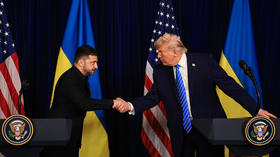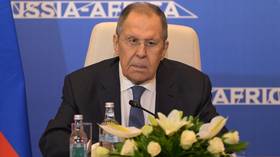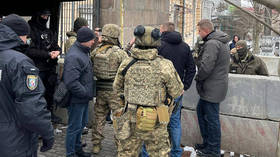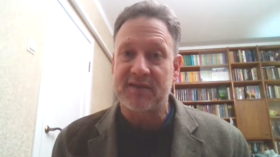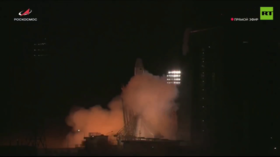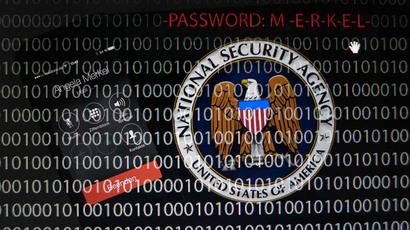Greenwald goads NSA over ‘staged leaks’
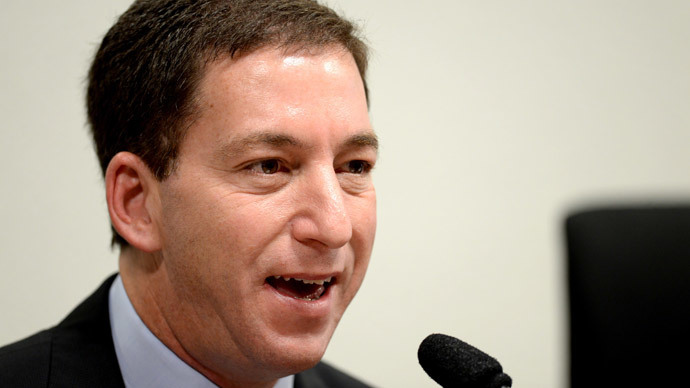
Reeling from the leak of classified data, NSA officials have anticipated future leaks by sometimes announcing them to the media preemptively, a minimization tactic according to one of the journalists still holding the intel agency’s documents.
Glenn Greenwald, formerly of The Guardian and now of First Look Media, penned a column Monday criticizing both US National Security Agency brass and what he sees as complicit reporters for their role in repeating unverified claims about the intelligence agency.
The outspoken columnist ripped outgoing NSA Director General Keith Alexander, who will be replaced at the top of the agency soon, for trying to prey on the public’s emotions.
Alexander, for example, recently told Fox News’ Bret Baier that former NSA whistleblower Edward Snowden knowingly put American lives at risk by making secret documents available to the press. Alexander said that was his “greatest concern” before being asked if the documents that still have yet to be published are dangerous.
“Yes, especially to our military operations and those who are serving overseas…I think this will haunt him for the rest of his life,” Alexander said of Snowden. “Here’s a young guy who made some huge mistakes.”
Greenwald said that such public comments from an official who, until the leaks were published last year rarely spoke to the media, should be interpreted as a kind of warning.
“The NSA engages in this fear-mongering not only publicly but also privately,” he wrote Monday. “As part of its efforts to persuade news organizations not to publish newsworthy stories from Snowden materials, its representatives constantly say the same thing: If you publish what we’re doing, it will endanger lives, including NSA personnel, by making people angry about what we’re doing in their countries and want to attack us.”
Yet the NSA seems to change its stance when the agency is trying to gain something for its own benefit. Greenwald cited a Los Angeles Times interview with John “Chris” Inglis (until only recently the most powerful civilian in the NSA) in which he revealed that the NSA is now “able to collect, sort, and make available every Iraqi email, text message and phone-location signal in real time.”
That revelation came just over a week after the Washington Post gave readers some insight into the NSA’s MYSTIC program, an until-now secret project giving intelligence analysts “comprehensive metadata access and content” across entire countries. That Barton Gellman report went on to say the NSA “has built a surveillance system capable of recording ‘100 percent’ of a foreign country’s telephone calls, enabling the agency to rewind and review conversations as long as a month after they take place.”
The notion that Chris Inglis is not the subject of an investigation for revealing classified information, according to Greenwald, is evidence of a deep-seated contradiction.
“What is so extraordinary is that the NSA – at exactly the same time it is telling news organizations that disclosing its collect-it-all activities will endanger its personnel – runs to its favorite LA Times reporters and does exactly that, for no reason other than to make itself look good and to justify these activities,” he wrote.
“This demonstrates how brazenly the NSA manipulates and exploits the consultation process in which media outlets are forced (mostly by legal considerations) to engage prior to publication of Top Secret documents: They’ll claim with no evidence that a story they don’t want published will ‘endanger lives,’ but then go and disclose something even more sensitive if they think doing so will score them a propaganda coup.”


